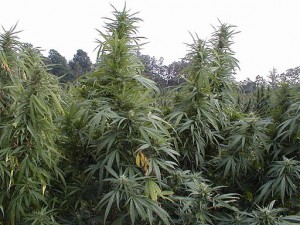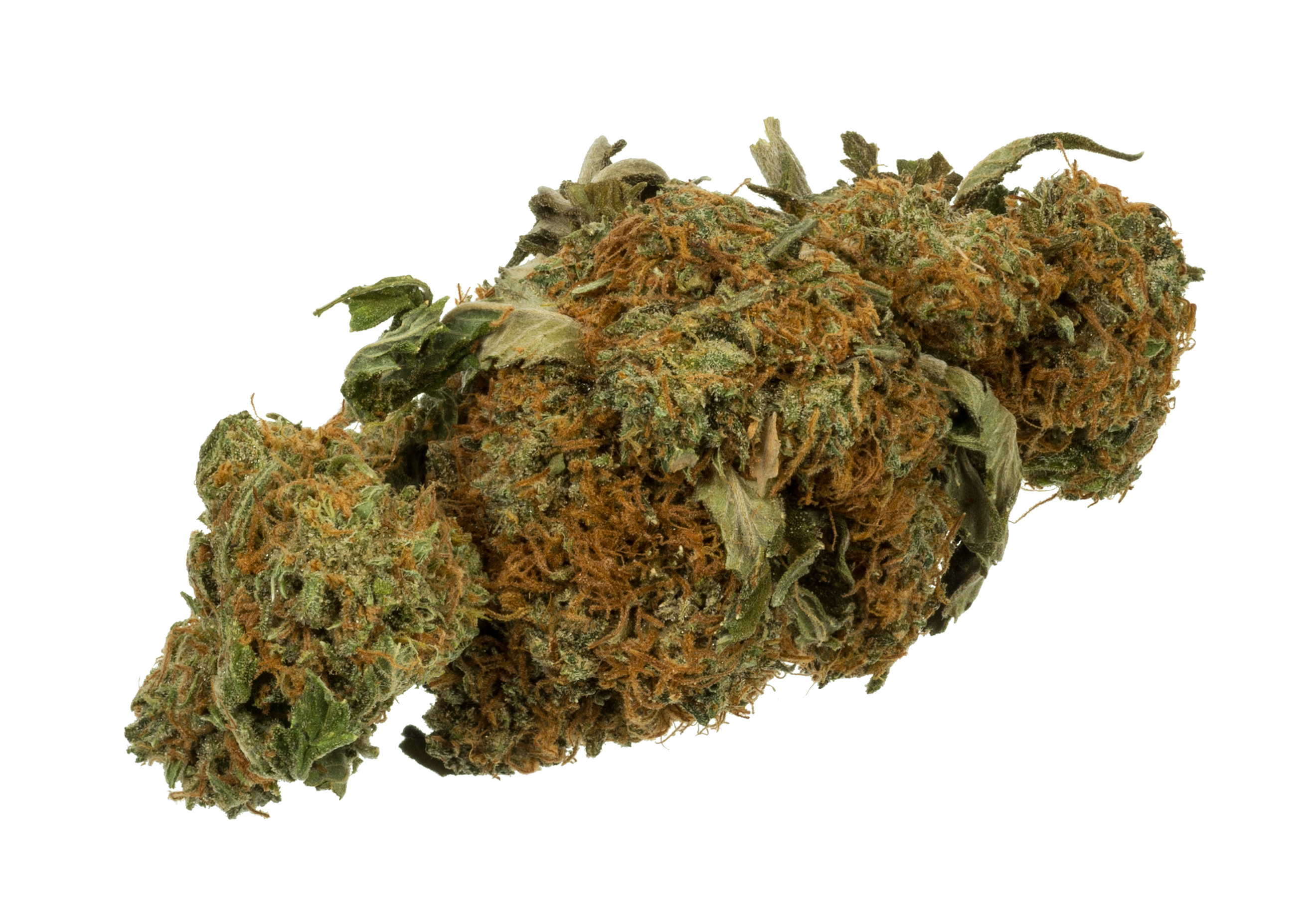 It isn’t just “reefer madness.” Multiple scientific studies and reviews conducted over the past decade–particularly in the past couple of years–are showing a clear connection between marijuana-use during adolescence and the development of schizophrenia in adulthood.
It isn’t just “reefer madness.” Multiple scientific studies and reviews conducted over the past decade–particularly in the past couple of years–are showing a clear connection between marijuana-use during adolescence and the development of schizophrenia in adulthood.
A 2002 study published in the British Medical Journal followed up research showing a connection between adolescent cannabis-use and schizophrenia. The study examined whether marijuana causes schizophrenia in adulthood or people who choose to use marijuana as adolescents are already predisposed toward developing schizophrenia later in life. The study concluded, “cannabis use is associated with an increased risk of experiencing schizophrenia symptoms, even after psychotic symptoms preceding the onset of cannabis use are controlled for, indicating that cannabis use is not secondary to a pre-existing psychosis….early cannabis use (by age 15) confers greater risk for schizophrenia outcomes than later cannabis use (by age 18).”1
The study conceded researchers needed to examine the topic more thoroughly, and in the 11 years since that is exactly what scientists have done.
In 2010, research published in the British Journal of Pharmacology stated, “Cannabis is one of the most widely used illicit drugs among adolescents, and most users first experiment with it in adolescence. Adolescence is a critical phase for brain development…Therefore changes in endocannabinoid activity during this specific developmental phase, induced by the psychoactive component of marijuana, tetrahydrocannabinol, might lead to subtle but lasting neurobiological changes that can affect brain functions and behaviour.”
Researchers examined studies on both humans and animals highlighting “the relationships between adolescent exposure to cannabinoids and increased risk for certain neuropsychiatric diseases such as schizophrenia,” and concluded, “evidence suggests that cannabis use is a risk factor for schizophrenia, while cannabis use in individuals with a predisposition for schizophrenia results in an exacerbation of symptoms and worsening of the schizophrenic prognosis.”2
The May, 2012, edition of the peer review journal Schizophrenia Research featured a study conducted by a group of researchers also examining whether marijuana-use during adolescents was a predictor for schizophrenia in adulthood. Again, researchers found, “Cannabis use with onset prior to age 14 strongly predicted SPD [Schizotypal Personality Disorder] symptoms in adulthood, independent of early adolescent SPD symptoms, major depression, anxiety disorder, other drug use, and cigarette use.”3 In other words, marijuana-use during adolescence predicted schizophrenia in adulthood, regardless of other risk factors (or lack thereof).
A 2012 study published in Translational Psychology, a sister journal of Molecular Psychology, put the marijuana-schizophrenia relationship to the test by studying laboratory mice exposed to cannabinoids found in marijuana. Researchers concluded, “We find that cannabinoid treatment leads to certain schizophrenia-like behaviors in an age of exposure-dependent manner, providing evidence supportive of the notion that cannabis use during adolescence may have a contributory causative role in schizophrenia.”4
There are some researchers who think marijuana-use is a contributor to schizophrenia, and not enough to cause schizophrenia outright in and of itself. David Castle with the University of Melbourne in Australia published an article to that effect earlier this year. Even he, however, noted that “Increasing evidence suggests that early and heavy cannabis exposure may increase the risk of developing a psychotic disorder such as schizophrenia.”5
Points to Consider
The articles noted here simply scratch the surface of research being conducted on the link between marijuana-use during adolescence and the onset of schizophrenia. The scientific community, however, seems to be in general agreement that at the very least marijuana-use among adolescents is a risk factor for schizophrenia; that it likely causes schizophrenia; and that it may be enough, in and of itself, to cause schizophrenia even if no other risk factors for the disease are present.
This is information Arkansans may want to know as the debate over the legalization of marijuana continues in our state. Some legislation that has been proposed in the past would legalize “medical” marijuana-use by children. The 2002 study noted above found that 1 out of 10 cannabis users by age 15 developed symptoms of schizophrenia by age 26–significantly higher than those who did not use marijuana as adolescents.
It’s no surprise, then, that the study ended by saying simply, “Policy makers and law makers should concentrate on delaying onset of cannabis use.”1
Bibliography
1. Arseneault L, Cannon M, Poulton R, Murray R, Caspi A, Moffitt TE. Cannabis use in adolescence and risk for adult psychosis: longitudinal prospective study. BMJ. 2002;325:1212–1213.
2. Malone, Hill, and Rubino. Adolescent cannabis use and psychosis: epidemiology and neurodevelopmental models. British Journal of Pharmacology (2010) 160, 511–522.
3. Anglin, Corcoran, Brown, Chen, Lighty, Brook, and Cohen. Early cannabis use and Schizotypal Personality Disorder Symptoms from adolescence to middle adulthood. Schizophrenia Research. Volume 137, Issue 1 , Pages 45-49, May 2012.
4. Gleason, Birnbaum, Shukla, and Ghose. Susceptibility of the adolescent brain to cannabinoids: long-term hippocampal effects and relevance to schizophrenia. Transl Psychiatry. 2012; 2, e199; doi:10.1038/tp.2012.122.
5. Castle. Cannabis and psychosis: what causes what?. F1000 Medicine Reports 2013, 5:1.





Angela Mathers